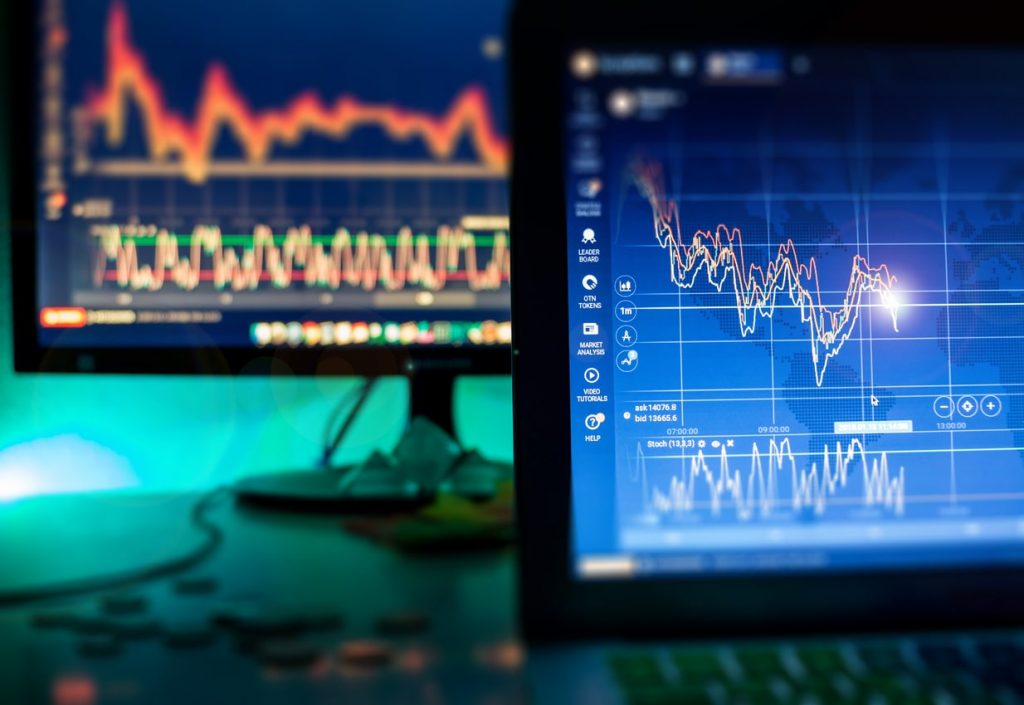When entering the world of forex trading, the excitement of potential profits can be hard to resist. The fast-paced nature of the market, combined with the accessibility of online trading platforms, makes it tempting to dive in headfirst. However, one of the most important steps that many new traders overlook is testing their broker through a demo account.
A demo account isn’t just a practice tool—it’s a strategic step that can significantly influence your trading success. Understanding its importance is essential for anyone serious about trading in the forex market.
Understanding the Role of a Demo Account
A demo account functions as a simulation of real trading conditions, offering users the opportunity to trade with virtual money. While the stakes are not real, the experience mirrors real-world trading closely, providing access to live market data, charts, and trading tools. For novice traders, this creates a risk-free environment to learn the fundamentals of trading without jeopardising actual capital.
But demo accounts are not exclusively for beginners. Even seasoned traders can benefit from testing new strategies, experimenting with different timeframes, or exploring the features of a new platform. By using a demo account, traders can evaluate their decision-making process, refine trading plans, and gain confidence before committing real funds.
Why Testing Your Broker Matters
Choosing the right broker is arguably one of the most critical decisions a trader can make. The forex market is vast, with a wide range of brokers offering varying services, spreads, execution speeds, and trading platforms. Testing a broker through a demo account allows traders to assess these factors firsthand.
For instance, some brokers may have slower execution times or occasional platform glitches that can affect the outcome of trades. By trading in a demo environment, users can experience these issues without financial consequences. Furthermore, demo accounts provide insight into the broker’s interface and usability. A platform that is intuitive and responsive can enhance your trading efficiency, while a complicated, slow, or confusing system can hinder your performance and lead to mistakes.
Using a demo account also gives traders the opportunity to examine the broker’s educational resources, customer support, and account management tools. These features are essential for long-term success, and evaluating them before investing real money can prevent frustration and potential losses. If you are looking for a reliable and comprehensive option, considering a forex broker with a solid reputation and demo account availability is a wise move.
Building Confidence and Discipline
One of the most underestimated benefits of using a demo account is the development of confidence and discipline. Forex trading can be emotionally demanding; market fluctuations, unexpected news, and price volatility often lead to impulsive decisions. Trading with a demo account allows users to practice executing trades under these conditions without financial risk.
In addition, demo trading helps traders develop a disciplined approach to money management. By setting virtual risk limits, stop losses, and profit targets, users can simulate real-world scenarios and learn to adhere to their strategies consistently. This practice can help prevent common pitfalls such as overtrading, excessive risk-taking, or emotional decision-making when transitioning to a live account.
Testing Strategies and Tools
A demo account is an ideal platform for experimenting with new trading strategies. Whether you are interested in scalping, swing trading, or long-term position trading, a demo environment enables you to test the viability of your approach under live market conditions.
Additionally, brokers often provide a suite of analytical tools, charting options, and technical indicators. Using these tools effectively requires practice, and a demo account offers the perfect opportunity to explore and understand their functions. By doing so, traders can identify which tools complement their trading style and which may complicate their decision-making process.
For traders considering algorithmic or automated strategies, demo accounts are invaluable. Automated trading systems can be tested without risking real capital, providing insight into how the system performs under different market conditions. This ensures that any potential flaws or inefficiencies can be identified and corrected before deploying the strategy with real funds.
Minimising Financial Risk
Perhaps the most obvious advantage of a demo account is risk mitigation. Trading without proper preparation exposes traders to significant financial loss. By using a demo account first, traders gain practical experience while avoiding the immediate financial consequences of mistakes. This approach reduces the learning curve and allows for more informed decision-making when moving to a live account.
It is worth noting that while demo accounts simulate real trading, they cannot replicate the psychological pressures of trading with real money entirely. Nonetheless, they provide a crucial bridge between theoretical knowledge and actual trading experience.
Conclusion
In the fast-paced world of forex trading, preparation is the key to success. Demo accounts provide a safe and practical environment for learning, testing strategies, and evaluating brokers. By leveraging a demo account, traders gain critical insights into platform functionality, execution speed, and market behaviour without risking real capital. This not only builds confidence and discipline but also lays the groundwork for more informed and strategic trading decisions.
Before committing to real money trading, taking the time to test your broker through a demo account is an investment in your future success. Whether you are a novice seeking to learn the basics or an experienced trader refining your strategies, a demo account is an indispensable tool.






